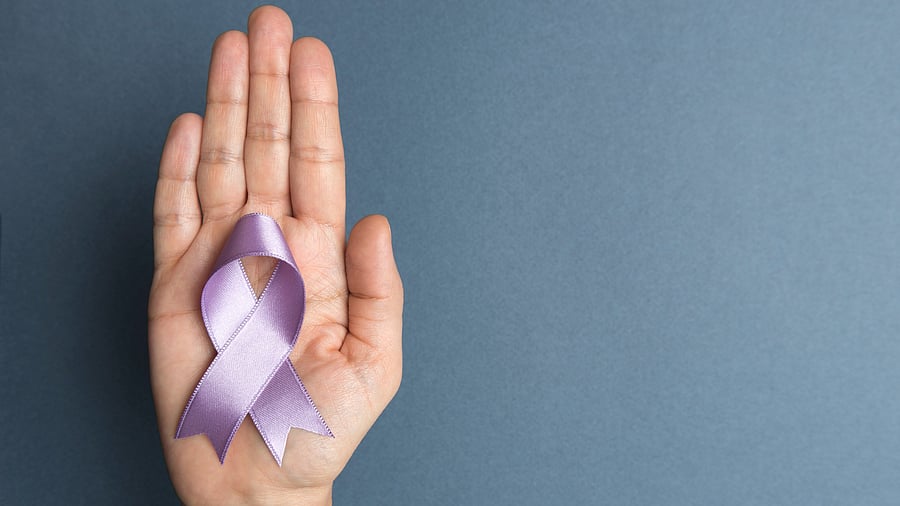
While the report points out that women globally suffer due to bias and discrimination in the case of cancer burden, the impact is more pronounced in countries where patriarchy is particularly strong. Representative image.
Credit: iStock Photo
The gender gap in cancer care has long been talked about but there is clear validation of it now through an exhaustive study done across the world. A Lancet Commission report has shown that while the cancer burden is more or less the same for both men and women, the impact of the disease is much more on women than on men. It says that gender inequality and discrimination against women work to reduce their opportunities to avoid cancer risks and impede their ability to get timely diagnosis and quality care. There are less women in cancer research, medical practices and care related to the disease, and in policymaking. This leads to the perpetuation of a lack of women-centred cancer treatment and care. The study has called for greater scrutiny of the causes and risk factors for cancer in women as they are less well understood compared with cancer risk factors for men.
The study was conducted in 185 countries by experts from various medical and other disciplines. Cancer is one of the top three leading causes of premature deaths among women worldwide, but women are less likely to find the care they need after they are diagnosed, because of lack of knowledge and decision-making power. The financial impact on them is much more than on men, and this sometimes turns out be a “catastrophe”. About 2.3 million women die prematurely from cancer each year. The study says that 1.5 million of them could be saved through the elimination of exposure to key risk factors or with early detection and diagnosis. A further 800,000 deaths could be prevented if all women could access optimal cancer care. In India, about two-thirds of the cancer deaths in women were preventable and 37% were treatable with timely diagnosis and optimal care.
The commission has called for a new “feminist” agenda for cancer care to eliminate gender inequality. It found that there are important factors specific to women which contribute to the substantial global burden, and they must be addressed in ways in which the focus is on women. It has demanded that sex and gender should be included in all cancer-related policies and guidelines. Women’s health is normally defined in terms of reproductive health, but the focus should be wider. Many women, especially from the marginalised sections, have no access to diagnosis and care. While the report points out that women globally suffer due to bias and discrimination in the case of cancer burden, the impact is more in countries where patriarchy is particularly strong. The perspectives given in the report should guide programmes related to detection, treatment and care of cancer among women in India, too.
